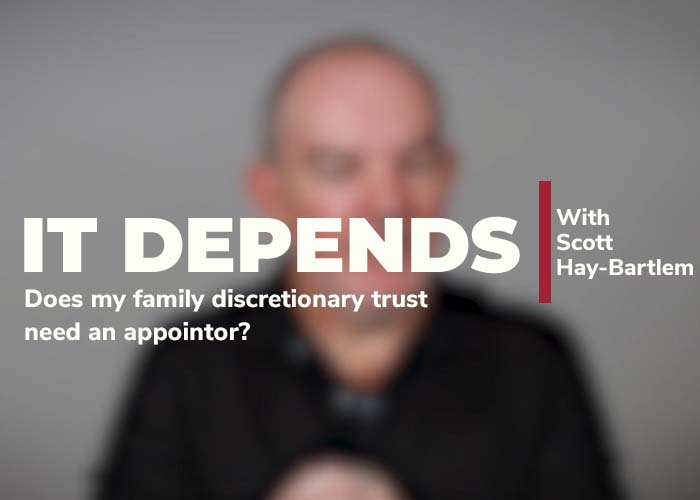From 1 July 2018, the rate of tax a company pays, and the rate at which it can frank its dividends, depends upon whether the company is a ‘base rate entity’.
The effect of this will be that many bucket companies will pay top up tax on dividends received from trading companies through family trusts.
Why is this?
A trading company whose aggregated turnover is less than $50 million will usually be a ‘base rate entity’, and therefore pay tax at the lower rate (currently 27.5%).
This also means trading companies that are base rate entities will only frank their dividends to that lower rate as well.
It is common for a trading company to pay a dividend to a family trust (being the shareholder), which distributes it to a bucket company.
Most bucket companies that only receive distributions from trusts that relate to dividends will not be ‘base rate entities’. This means they will continue to pay tax and frank their dividends at 30%.
That is, from 1 July 2018, the dividend from most trading companies will only be franked to the lower base rate entity rate (currently 27.5%), but the bucket company will be taxed at the higher 30% rate.
This means the bucket company pays top up tax on the dividend distributed to it from the trading company through the family trust.
This makes distributions of dividends from trading companies through family trusts into bucket companies less attractive, and must be factored in when structuring or paying dividends.
This will be covered in our upcoming roadshow – click here for details.







